15 Greatest Rulers Of All ime
Determining the "greatest" monarchs of all time is subjective, as it depends on various factors such as the context, time period, and personal values. However, here are some examples of notable monarchs who have left their mark on history
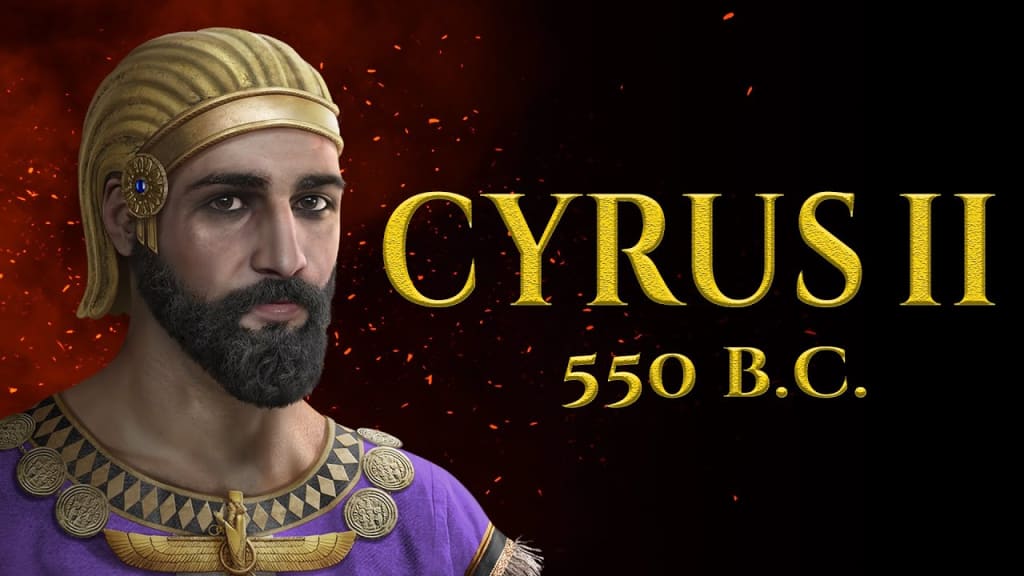
Determining the "greatest" rulers of all time is subjective and depends on various factors such as their achievements, impact on history, and personal values. Here are some examples of notable rulers who have left their mark on history:
Alexander the Great (356-323 BCE) -
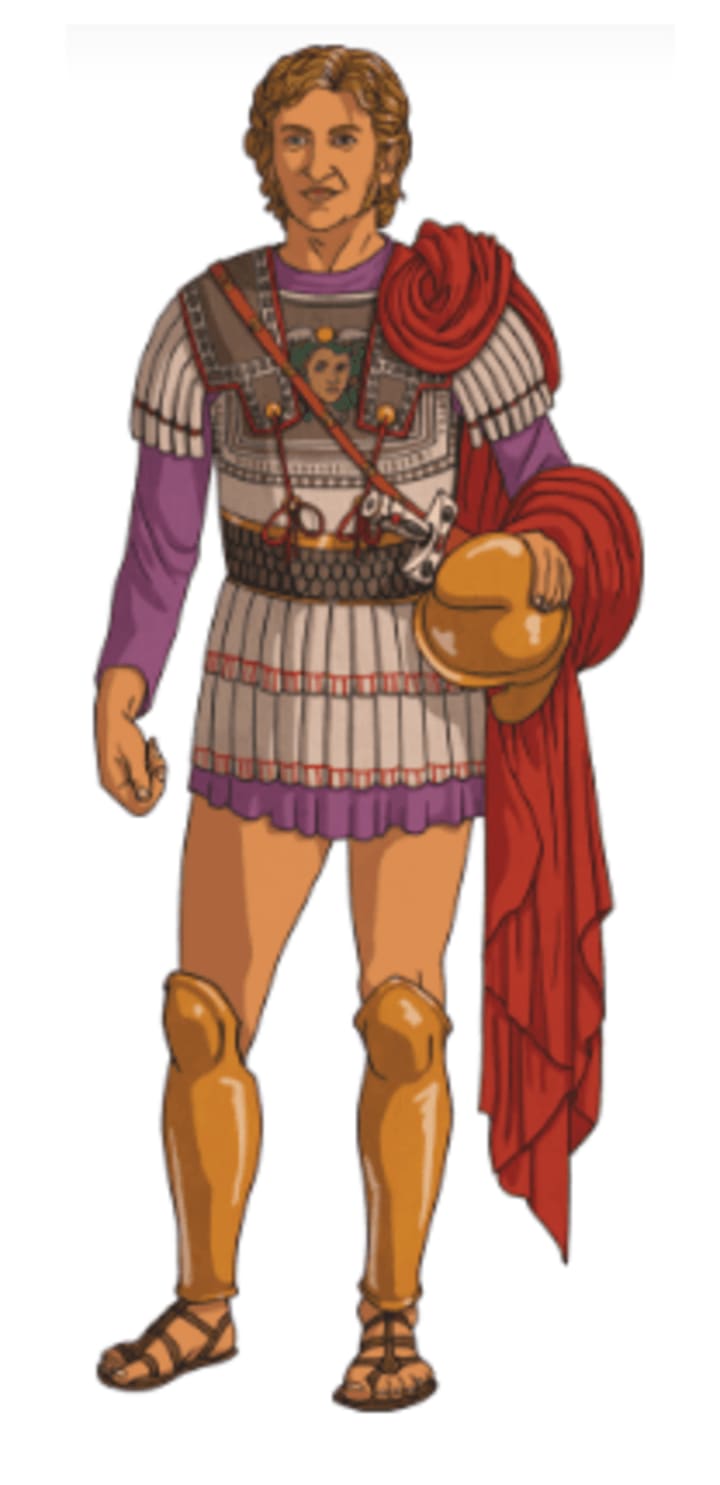
The King of Macedonia is known for his military conquests, which expanded the Macedonian Empire to its greatest extent. He established a lasting legacy in the regions he conquered, spreading Greek culture and language.
Julius Caesar (100-44 BCE) -
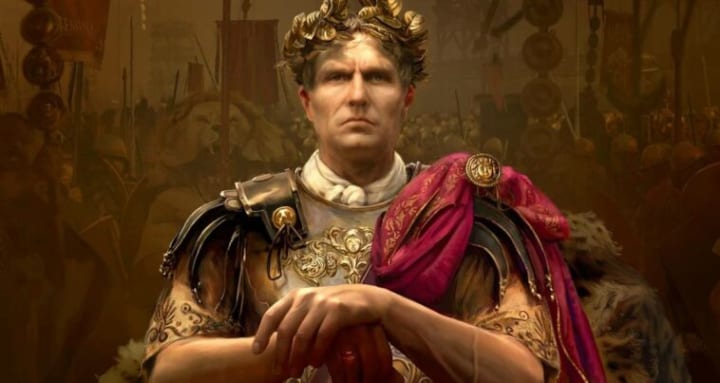
The Roman dictator played a significant role in the rise of the Roman Empire, expanding its territory and implementing political and social reforms. He is known for his military campaigns, political maneuvers, and eloquent speeches.
Genghis Khan (1162-1227 CE) -
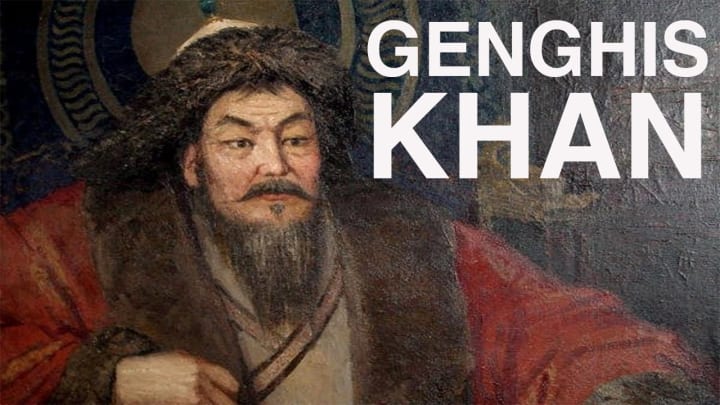
The Mongol conqueror established the largest contiguous empire in history, expanding Mongol rule across Asia and Eastern Europe. He implemented military and administrative reforms, such as the use of a merit-based system for appointing officials.
Napoleon Bonaparte (1769-1821 CE) -
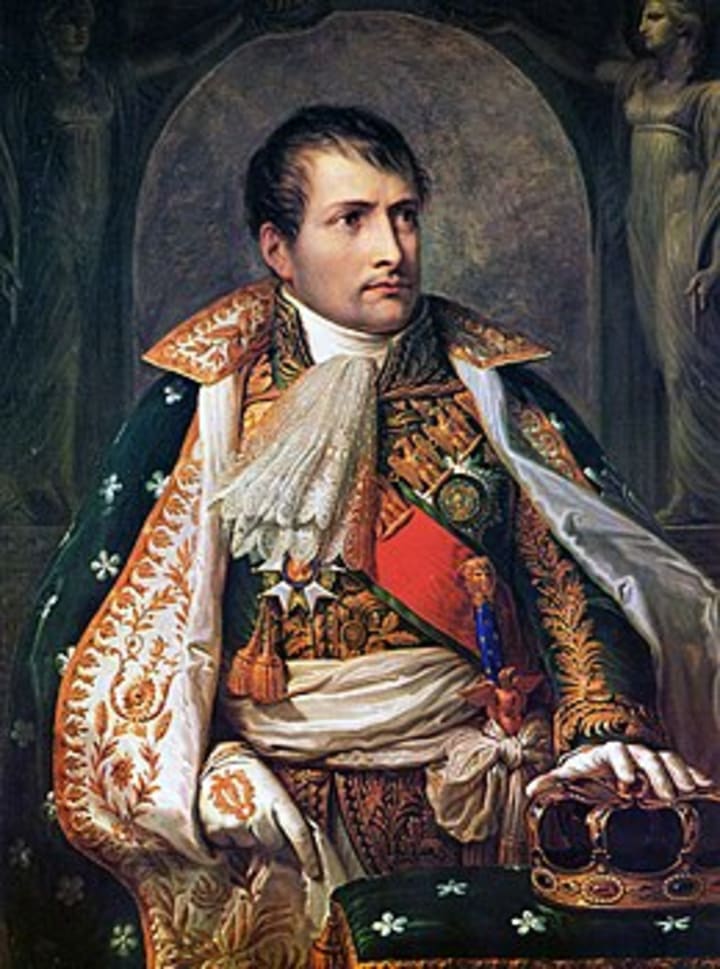
The French Emperor played a significant role in European history, expanding the French Empire and implementing political and social reforms. He is known for his military campaigns, legal reforms, and patronage of the arts and sciences.
Sultan Suleyman (1520-1566 CE)-
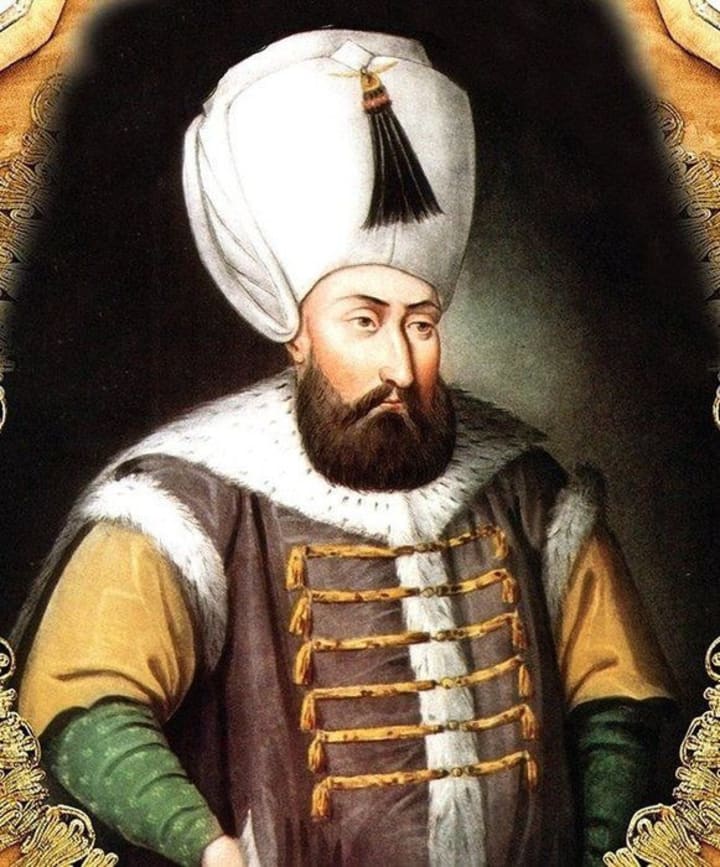
Sultan Suleiman the Lawgiver, also known as Suleiman the Magnificent, was the tenth Sultan of the Ottoman Empire, ruling from 1520 to 1566. He was born on November 6, 1494, in Trabzon, Turkey, and was the only surviving son of Sultan Selim I.
During his reign, Suleiman oversaw significant reforms to the Ottoman legal and political systems, earning him the nickname "the Lawgiver." He also presided over a period of significant expansion of the Ottoman Empire, which reached its peak during his reign.
Suleiman was a patron of the arts and architecture, and his reign saw the construction of numerous important buildings, including the Suleymaniye Mosque in Istanbul. He was also known for his love of poetry and wrote several poems himself.
Suleiman died on September 5, 1566, while on a military campaign in Hungary. His legacy as one of the greatest rulers of the Ottoman Empire is still remembered today.
Charlemagne (742-814 CE) -
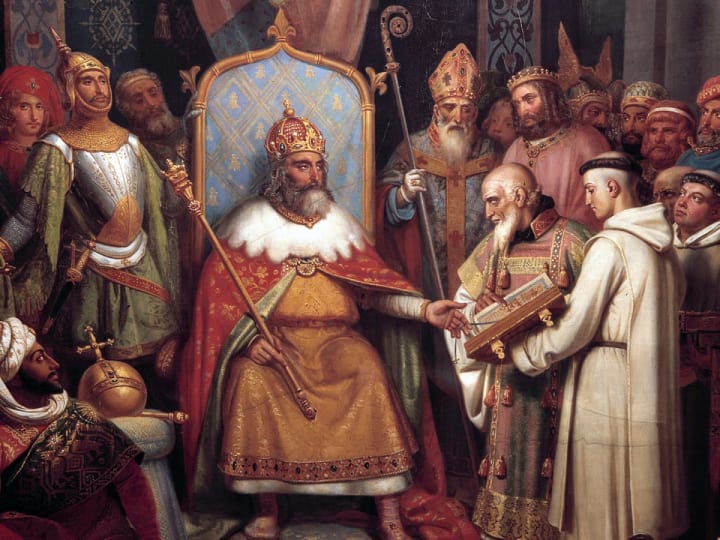
The King of the Franks became the first Holy Roman Emperor, uniting much of Europe under his rule. He is known for his military campaigns, cultural reforms, and religious tolerance.
Akbar the Great (1542-1605 CE) -
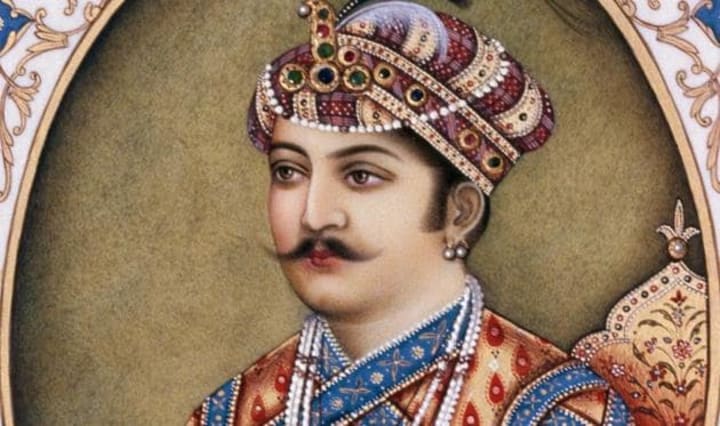
The third Mughal Emperor of India, Akbar is known for his religious tolerance, social and cultural reforms, and successful military campaigns. He established a centralized government and patronized the arts and literature.
Elizabeth I (1533-1603 CE) -
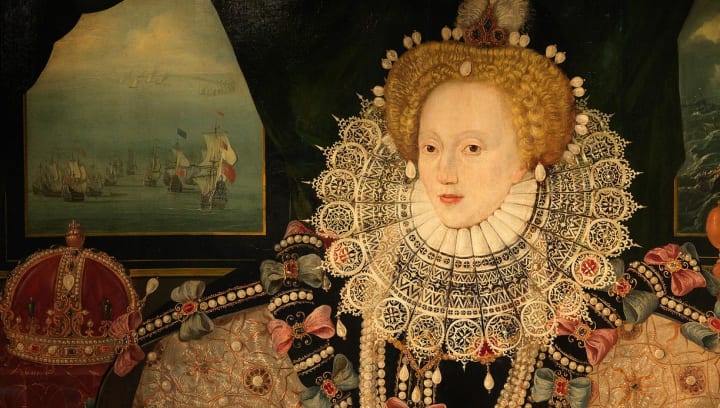
The Tudor Queen of England oversaw a time of prosperity and stability in England, known as the Elizabethan Era. She is known for her strong leadership, intelligence, and patronage of the arts.
Augustus Caesar (63 BCE-14 CE) -
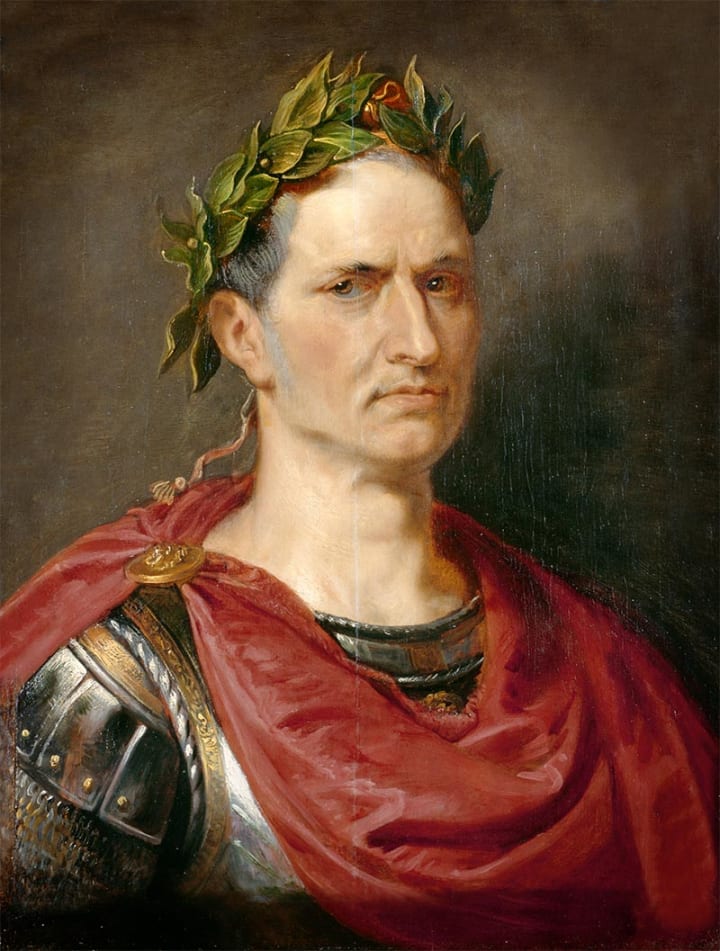
The first Roman Emperor established the Roman Empire as a stable and prosperous state. He implemented administrative, legal, and social reforms and oversaw a period of peace known as the Pax Romana.
Catherine the Great (1729-1796 CE) -
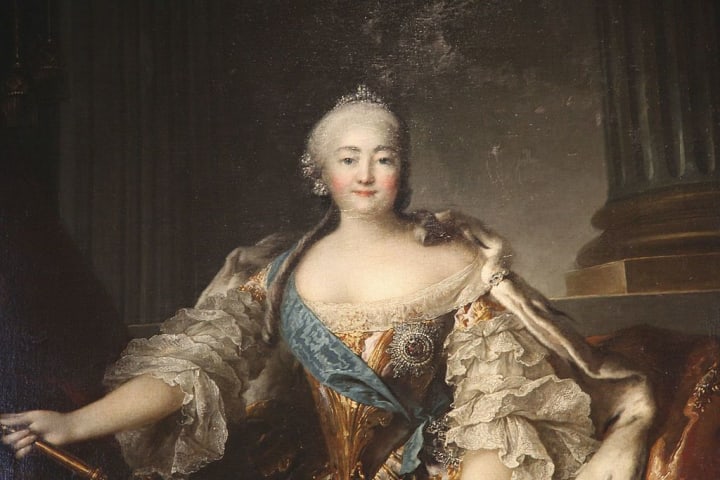
The Empress of Russia expanded the Russian Empire and promoted arts and culture. She also implemented political and social reforms, such as the establishment of the Smolny Institute, the first state-funded institution for women's education.
Qin Shi Huang (259-210 BCE) -
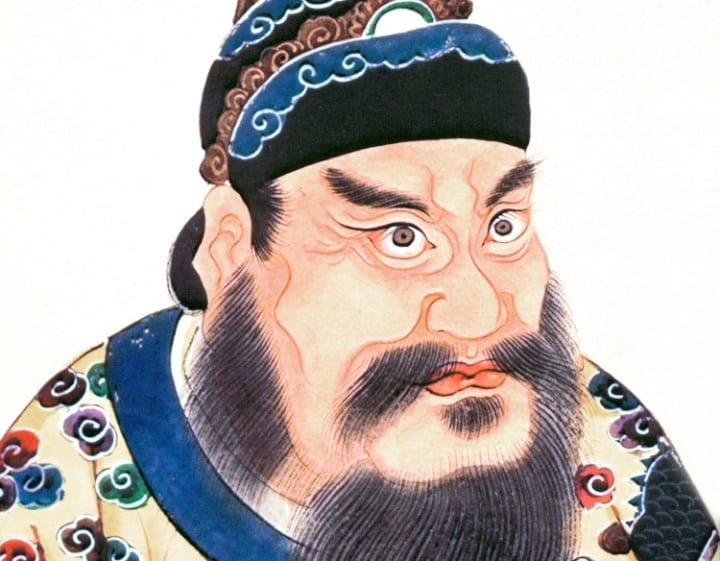
The first Emperor of China, Qin Shi Huang united the various warring states into a centralized empire. He is known for his construction projects such as the Great Wall of China and the Terracotta Army, and for implementing administrative and legal reforms.
Ashoka the Great (304-232 BCE) -
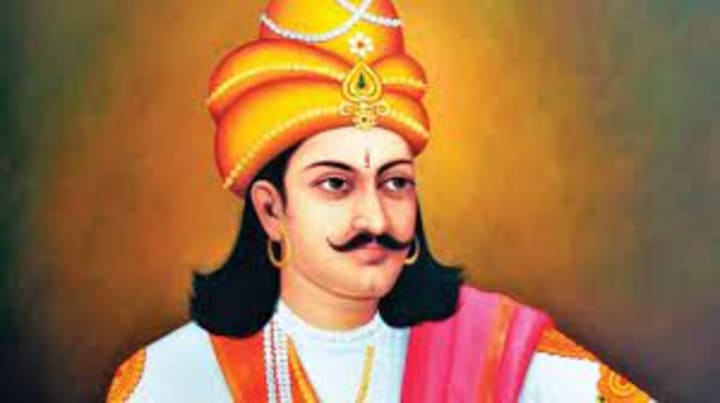
The Mauryan Emperor in India, Ashoka is known for his conversion to Buddhism and his efforts to promote peace and social welfare. He implemented policies such as animal welfare, religious tolerance, and the establishment of hospitals and roads.
Attila the Hun (406-453 CE) -
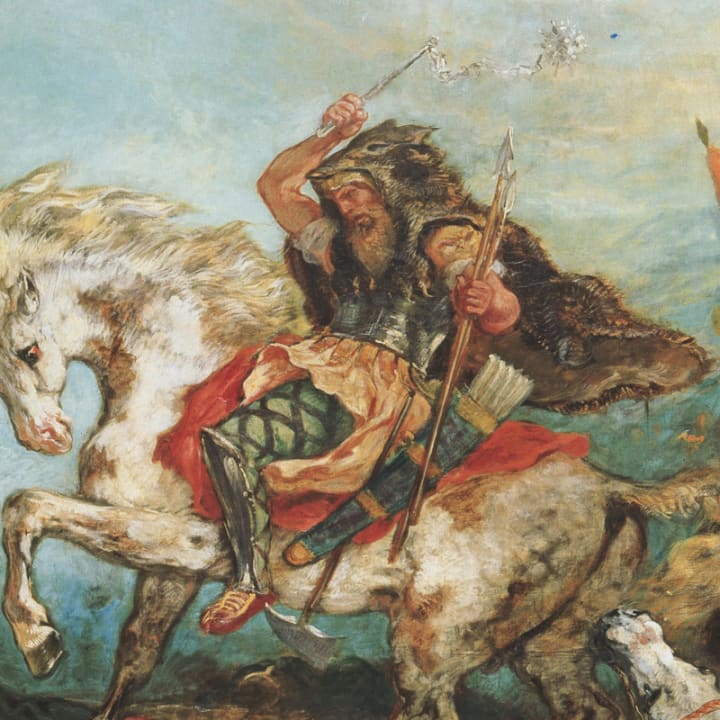
The Hunnic conqueror established a powerful empire that threatened the Roman Empire. He is known for his military campaigns and brutal tactics, which earned him the nickname "Scourge of God."
King Abdullah bin Abdulaziz Al Saud (1924-2015 CE) - The King of Saudi Arabia played a significant role in modernizing his country and promoting international relations. He implemented social and economic reforms, such as the empowerment of women and the establishment of the King Abdullah University of Science and Technology.
Queen Victoria (1819-1901 CE) -
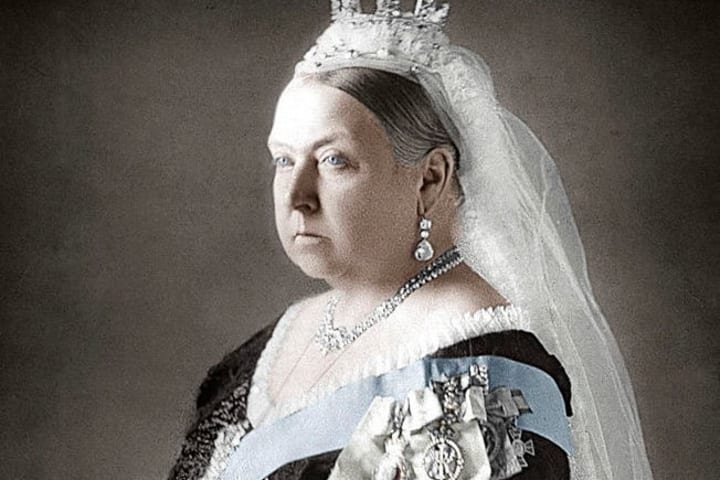
The British Queen oversaw the industrial and imperial expansion of the British Empire. She is known for her dedication to duty, strong sense of morality, and the Victorian era of cultural and social change.
Cyrus the Great (c. 600-530 BCE) -
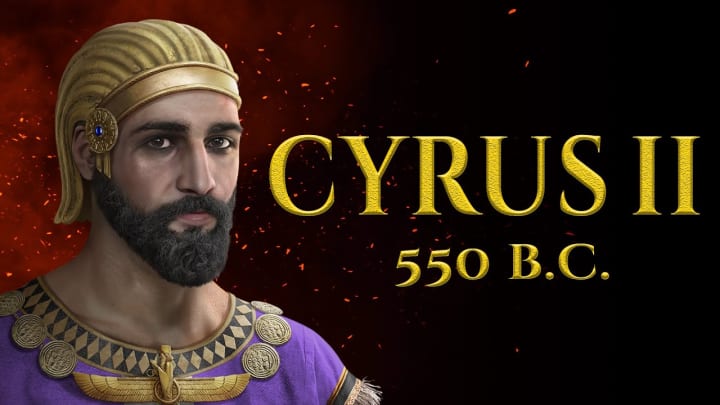
The founder of the Achaemenid Empire in Persia, Cyrus is known for his military conquests, political reforms, and religious tolerance. He was also respected for his leadership and wisdom.
These are just a few examples of rulers who have made significant contributions to history.
About the Creator
WORKING BRAIN
This is my hobby




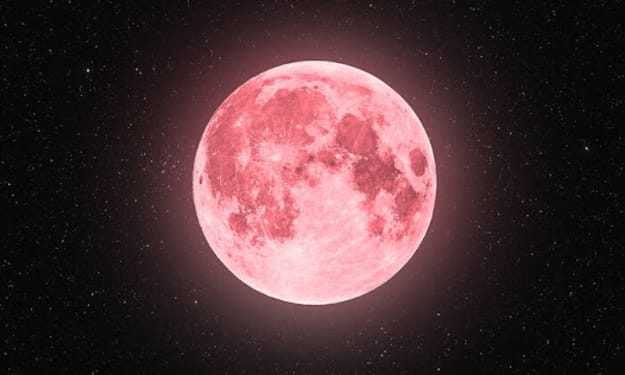

Comments
There are no comments for this story
Be the first to respond and start the conversation.